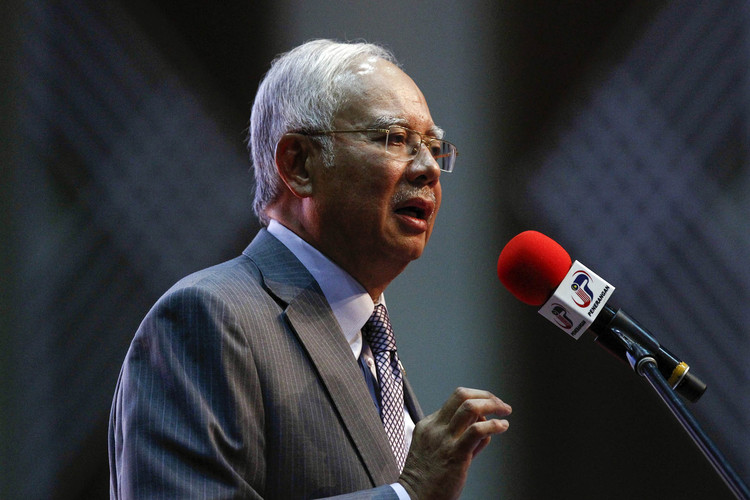Government
Is Sarawak Election Najib’s Post-Scandal Test?

As Sarawak, Malaysian biggest state goes to the polls today May 7, the question is if this is Prime Minister Najib Razak first viable test to assess the level of public support for the current administration after nearly a year of allegations and political turmoil over fund misappropriations.
Najib’s Barisan Nasional coalition is expected to return to office with a comfortable margin, considering the party controls 55 of the 71 seats in the state assembly, but recent 1MDB scandals have put that assumption in doubt.
In fact, the prime minister needs a strong support in the state to fend off public campaign led by former leader Mahathir Mohamad to get him out of the office and prove to his party he can still deliver.
“If they win really well, at least he can go back and convince his own party that he’s not a liability, he can still deliver seats in an election,” said Ibrahim Suffian, an analyst at the Merdeka Center for Opinion Research in Kuala Lumpur, referring to Najib. “A Sarawak election that delivered the seats for Barisan is going to be one that gives confidence to Najib as a prime minister.
While voters are more concerned with the provision of basic amenities affecting their lives on the Borneo Island, Najib in one of his numerous visits has promised to build a 1,796-kilometer highway linking Sarawak and Sabah at a cost of 28.9 billion ringgit if his party is elected. A move that could potentially deliver a victory in the state as public endorsement and validation of his administration.
“After waiting a while we can get what we needed from the government, things like a roof, cement and sand,” said the 51-year-old, who works odd jobs to supplement his income from farming. “I’m half-half about Najib. If he speaks the truth then I like him, if he’s not then I don’t like him. I can’t decide if he’s being honest or not.”
If anything, the election is a test of Najib’s popularity not only in Sarawak but the general perception of the current administration among the Malaysian people.
“The election is going to show that as controversial and damaging 1MDB has been in terms of the international financial reputation of Putrajaya, it has limited traction with voters who are in rural areas,” said Ibrahim from the Merdeka Center. “At the end of the day politics are local and the local politics are determined by which party can mobilize the voters, which party can attend to the needs of the voters.”